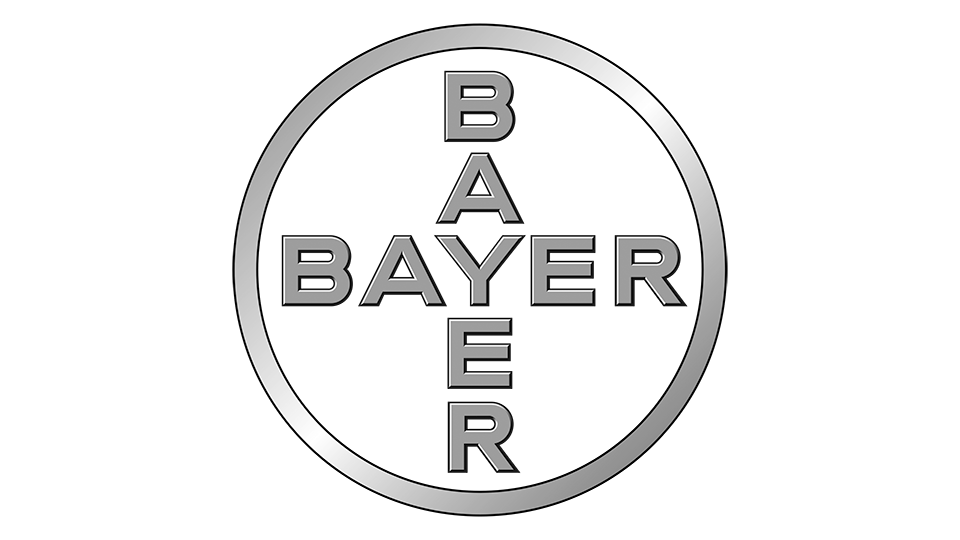Leading through the COVID-19 Crisis
We have all heard that these are unprecedented times that no one in our generation has ever had to deal with – a pandemic with major financial implications on a global scale. Over the past few weeks, I have seen many groups come together to try and navigate through the gray areas to formulate strategies, best practices and tools to help each other through.
I wanted to share my takeaways from a virtual meeting I recently attended with 1,500 Harvard Business School Alumni from across the globe, on the topic of leadership through the COVID-19 crisis. The meeting was run by Professor Dutch Leonard (expert in crisis management) and Professor Bob Kaplan (expert in risk management).
These were my takeaways:
This crisis is very different than any other significant emergency/event anyone in our generation has experienced because:
- Life/health risk associated with it
- Hard to see exit
- Global scale
- Sudden and rapidly evolving
- Tension among key values (economic, human, etc)
- Information is highly variable and different people are processing it differently (including politicians)
So what do we do when no one knows what to do? There are no experts; this is a new problem and there are no off-the-shelf answers.
- We have to figure out what to do in real time, under stress → we are in crisis leadership. This is temporary, but they suggest this shift in mindset needs to be done now. So, what does that entail?
- Resist the pressure to provide snap answers (most of them will turn out to be wrong)
- Remind yourselves and others that:
- We don’t fully understand the situation
- The situation is constantly evolving
- It will take time to learn/develop the best approaches
- Activate the best process you can with the best people you have to engage in iterative, agile problem solving.
- Iterative, agile problem solving means:
- Establish goals, priorities & values (most stable part of this situation – always come back to this)
- Understand the situation/the facts
- Develop options
- Predict outcomes for each option
- Choose the best course of action
- Execute
- Step back and start again (work at the speed of the event)
- Establish a Critical Incident Management Team (advisory group) that:
- Oversees all aspects of your response to the event (medical, financial, logistical, economic)
- Seeks to identify and understand evolving issues and competing priorities
- Reframes issues as questions/decisions
- Deliberates about key questions and decisions
- Communicates to inside and outside constituents at regular/set intervals. You can consider using the “Stockdale Paradox”
- Admiral Stockdale was the most Senior US Military officer in POW camps in Vietnam who was credited with saving many lives with his leadership in the camps. He said that in dire circumstances leaders need to be:
- Brutally honest
- Provide a rational basis for hope
- Include people on this team who know your company and its customers, people who have expertise in medical and public policy (or will keep track of this and inform/advise you), people who represent the company’s key priorities, values, and constituencies, and people who have diversity of ideas/approaches/experiences
- Admiral Stockdale was the most Senior US Military officer in POW camps in Vietnam who was credited with saving many lives with his leadership in the camps. He said that in dire circumstances leaders need to be:
- Iterative, agile problem solving means:
- A facilitated process works best (so decision maker can be more thoughtful or reflective)
- Set reasonable expectations – best efforts, rapid learning, not everything we try will work, we’ll keep working until it does
- Consider collectively problem solving across organizations (esp SMEs) to share perspectives/ideas/approaches
While this is dire, there are reasons for optimism. Resilience is adaptability personified, we are just getting started, entrepreneurs and business leaders are hard at work. Further to this, we tend to under-predict the adaptive capacity of the free market system.
Michele Calpin, PEO Leadership Executive Advisor












